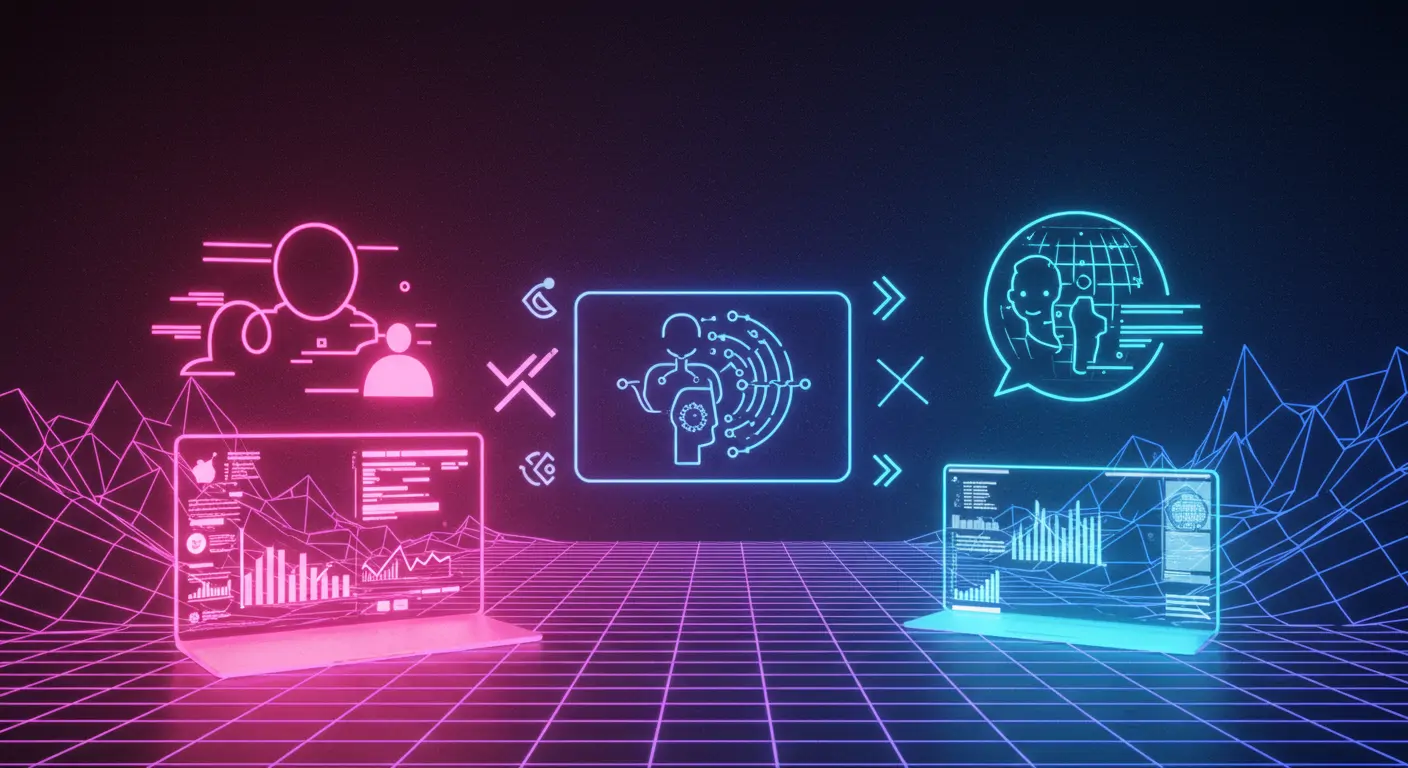Introduction: Why This Matters Now
In February 2025, a report by Gartner revealed a 38% increase in app engagement through AI-driven marketing strategies, marking a pivotal shift in how apps acquire and retain users. This trend signifies a transformative change in the mobile marketing landscape, driven by automation and data analytics. App developers, marketers, and businesses are all profoundly affected as they adapt to this AI-led environment, aiming to optimize user experiences and improve ROI. Read time: 12 minutes.
Key Drivers: What's Fueling This Trend
Driver 1: Economic Efficiency
A study by McKinsey (2024) indicated that AI marketing solutions reduce customer acquisition costs by up to 30%. This economic benefit is a major driver, encouraging companies to invest in AI technologies.
Driver 2: Advancements in Machine Learning
The development of sophisticated algorithms allows for personalized marketing campaigns at scale. Google's AutoML, released in early 2025, enables businesses to deploy customized AI models without needing a team of data scientists.
Real-World Impact & Case Studies
Case Study 1: Spotify
- Implemented AI-driven recommendation engines in Q1 2025
- Increased user retention by 25% and engagement by 40%
- Key lesson: Personalization drives loyalty and expands user base.
Case Study 2: Duolingo
- Launched an AI-powered user acquisition campaign in mid-2024
- Achieved a 32% boost in app downloads globally
- Key lesson: Targeted AI strategies can significantly enhance market penetration.
Challenges & Criticisms
While AI offers numerous benefits, it also poses risks such as data privacy concerns and the potential for biased algorithms. Critics argue that over-reliance on AI might stifle creativity and diminish human oversight. Instances of AI missteps in marketing, such as inappropriate ad placements and privacy breaches, highlight the need for robust ethical frameworks and transparency in AI applications.
Future Outlook: What's Next
In the short term (6-12 months), AI is expected to become more predictive, with apps using real-time data to anticipate user needs proactively. Looking ahead 2-3 years, AI marketing strategies will likely evolve to include more immersive and interactive user interfaces, leveraging AR and VR technologies. Key milestones include the widespread adoption of AI-driven chatbots and virtual assistants in app marketing by 2026.
Frequently Asked Questions
- How does AI improve user acquisition?
- What are the risks of using AI in marketing?
- How accessible is AI technology for small businesses?
- What skills should developers focus on for AI marketing?
Conclusion: Key Takeaways
- AI-driven marketing significantly reduces customer acquisition costs and boosts engagement.
- Companies like Spotify and Duolingo demonstrate successful AI implementation.
- Businesses must navigate challenges such as data privacy and ethical AI use.
- Staying informed about AI advancements is crucial for competitive advantage.
For those interested in further exploring this topic, attending industry conferences such as the AI Expo in 2025 or following thought leaders in AI marketing is recommended.




